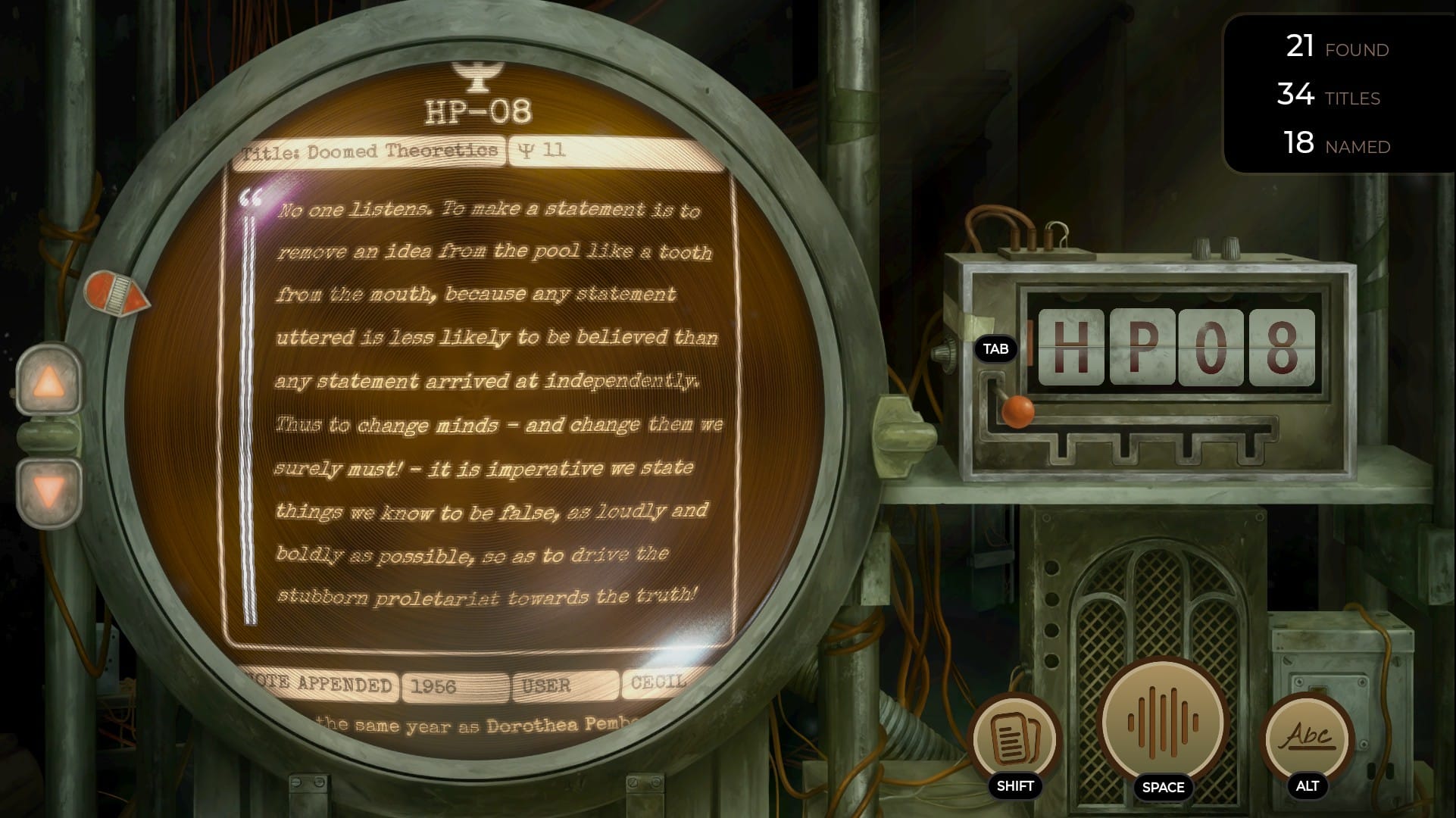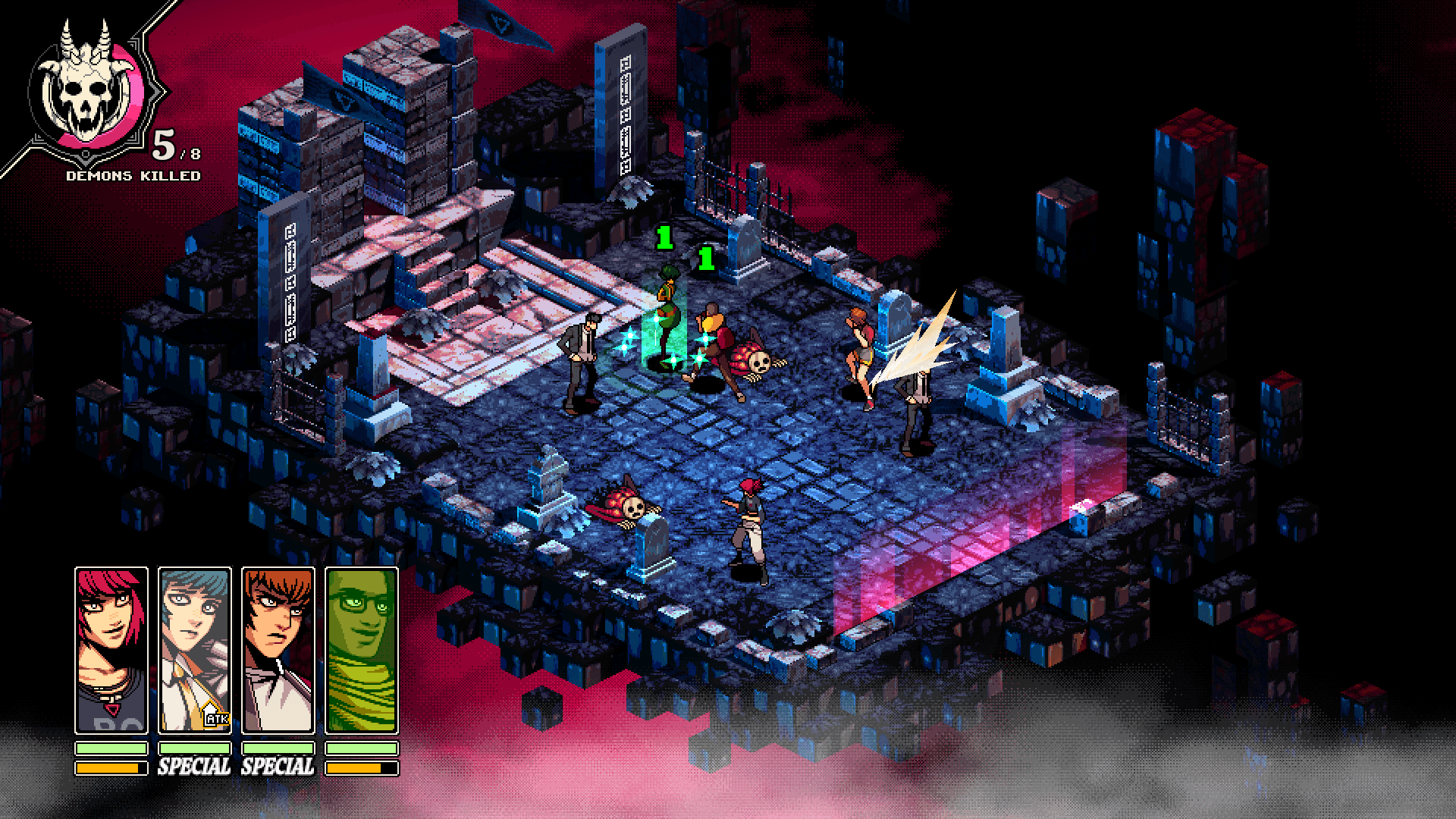It was a miracle that Sleeping Dogs was even at E3 last year. The game was developed by United Front Games and scheduled to be published by Activision under the title, True Crime: Hong Kong. However, the game had been cancelled as the juggernaut publisher lost confidence in the ability to break into the crowded open-world crime game market dominated by Grand Theft Auto and Saint’s Row. Saving the game, Square-Enix swooped in and bought the publishing rights to the game in August 2011. They saw some potential but took a risk as they couldn’t use the True Crime name and thus lost the brand recognition that came along with it. When they showed off the brief ten minute E3 demo it was unimpressive and bland and, at the time, it seemed obvious why Activision pulled the plug on the project. The demo consisted of two chase scenes, one in a car and one on foot, and both looked uninspired and forgettable, doing nothing to excite me or replenish my depleted energy after walking around the show floor all day.
From this initial impression, I really wasn’t expecting much from Sleeping Dogs. This is a prime example of why one shouldn’t judge a book by it’s cover or judge a game by a short demo. Finely tuned hand-to-hand fighting against enemies, an engaging narrative, and wide-ranging set of vehicles, side missions and activities were all hidden under the veneer of what appeared to be a thoroughly mediocre game. Although it is far from perfect, Sleeping Dogs is a phenomenally fun game that includes a compelling narrative and enjoyable, ever-evolving combat all within a lively, neon Hong Kong.

Players take control of Wei Shen, a man born into the gang ridden streets of Hong Kong who returns to the city years after his mother emigrated with him and his sister to San Francisco. Working undercover for the Hong Kong Police Department (HKPD), Wei is tasked with infiltrating the Sun On Yee, one of the handful of criminal Triad organizations running Hong Kong through bribery, manipulation and extortion. He comes into contact with his old childhood friend Jackie who helps initiate him into “Water Street Gang” of the Sun On Yee by introducing him to the boss Winston Chu. Concurrently, Wei is gathering information about the crime syndicate’s operations and reports those findings to Superintendent Thomas Pendrew and his associate Raymond Mak. Additionally, Wei works with Inspector Jade Teng who sends him on several criminal investigations across Hong Kong.
Besides the new story elements that are opened by the Hong Kong setting, the virtual city in the game is a near perfect representation of the actual city. Having visited Hong Kong before on many occasions, I recognized several locations, particularly the setup of Victoria Peak, the area at the center of the island that offers majestic views of the skyline on Hong Kong Island and Kowloon across the water. In addition to the authentic setup of the city, it was quite refreshing to play an open world game that was not specifically a conduit for satire on American society, something that are important components in Grand Theft Auto and Saint’s Row. Although the city includes radio stations with ridiculous promotions a la GTA, most of environmental similarities end there. This is not necessarily a bad thing. While I do enjoy the humor that has become a cornerstone in the GTA series, I believe the more serious approach and lack of satire in Sleeping Dogs added a level of overarching seriousness that supported the dark tone of the narrative (of which more will be spoken of later).

As with any open world game, the four districts of Hong Kong are filled with activities in addition to the Triad and HKPD based story missions. Creating the notion that the city includes details besides those directly correlated to the storyline, players can play mahjong poker on off-shore gambling dens, bet on cockfights, participate in illegal street races and even visit the infamous massage parlors. Besides these mini-games of sorts you can complete police or triad related side activities such as discovering drug suppliers and hacking security cameras. There are close to 200 clothing items to purchase to customize Wei Shen’s appearance (although I felt obliged to wear the pre-made Bruce Lee style outfit) and 28 different vehicles available to purchase. Although there was a decent number of side activities there aren’t as many as those found in other games in the genre. These side missions lack the cinematic narrative elements that make the main storyline so compelling and thus there is less motivation to complete tasks which, more often than not, feel derivative.
The level of detail in the world succeeds in creating a vibrant city, however, the game is definitely not without its shortcomings. In addition to the generally disappointing side missions, one obviously sub-par element of Sleeping Dogs is the graphics, particularly those of the character models. They simply do not look like the character models seen in high production titles from the past couple of years. Many lack any sort of detail, such as wrinkles and blemishes, and there was usually a lack of shadowing. Additionally, some textures are embarrassingly low in resolution. United Front Games crafted such an immersive and engaging narrative and city that it is quite disappointing to be distracted by some very clunky graphics–especially in otherwise stunning cutscenes. It is also important to note that the game does have numerous animation and gameplay glitches. For instance, Wei often enters a car through the roof if something is blocking the path and NPC enemies frequently clip the surrounding environment, particularly during combat in close quarters. Frankly, things just sometimes look sloppy.

Despite some technical imperfections, Sleeping Dogs is one of the most entertaining games I have played this year. One of the major reasons for this is the finely tuned and ever-evolving combat. Whereas many games in the open world genre greatly rely upon skirmishes involving firearms, Sleeping Dogs is premised largely on martial arts based hand-to-hand combat that is such a cornerstone of Hong Kong cinema. The combat system is similar to that in the Batman Arkham series. There are combos to use on enemies and a counter button that can interrupt enemy attacks when they are beginning to attack and glowing red. That being said, just because the combat involves only a few buttons doesn’t mean that it devolves into a simple button masher. Wei Shen must string together combos and gain experience in order to unlock additional moves to take out enemies, especially those who are immune to grapple moves or block regular attacks. Additionally, movement during combat and while exploring the game is well done. Wei Shen has the ability to climb and vault over cover which can disarm enemies wielding melee weapons, string together high XP rewarding combos, and trigger environmental kills. Although hand-to-hand combat will be utilized in the vast majority of enemy encounters, there are also shooting sections in the game. There is a simple cover system which provides protection, the ability to blind fire and, as obviously influenced by Hong Kong cinema, a bullet time mode when vaulting over said-cover and simultaneously shooting enemies.
By far the strongest element of the game is the narrative. Sleeping Dogs is an homage to some of the great martial arts movies that have been such a staple of Hong Kong cinema. The characters and setting feel familiar, like they came out of Hardboiled or some Jackie Chan film, but the narrative possesses such weight and depth that it doesn’t seem contrived and derivative. Unlike some homages that fail when they make characters into caricatures, the major personalities in the game are multi-faceted and undergo significant development over the course of the game. They are made all the stronger by sublime performances from well known Hollywood actors including Emma Stone, Lucy Liu, and Tom Wilkinson (may be part of reason for my Jackie Chan feel, since he was the villain in Rush Hour). However, the standout performance is the voice of Wei Shen performed by Will Yun Lee and is teeming with energy and emotion. The intensity of the dialogue drives a plot that is filled with twists and turns and I felt that the player-character connection with Wei Shen was one of the strongest in recent memory. His moral and existential dilemma over his loyalty between the two groups to which he swore oaths of allegiance to, the Triads and the HKPD, is an extraordinarily powerful and entertaining one to watch unfold.

Sleeping Dogs is not a perfect game in the slightest. It has certain failures and shortcomings, but these pale in comparison to the great elements of the experience. The addictive, ever-changing combat coupled with a brilliant narrative supported by superb voice acting makes the game easily one of the most entertaining I have played so far this year. Unfortunately, Sleeping Dogs has sold quite poorly. It didn’t get a big marketing push that would have most likely come with a normal Activision publication and the title is not particularly memorable. In recent weeks the price has dropped significantly to try to rectify the current sales predicament. This lowered price should not be any indication that the game is mediocre. Even at full price, Sleeping Dogs is a worthwhile purchase–the overall experience was that good. We should all be grateful that Square-Enix saw the potential in Wei Shen’s Hong Kong undercover cop drama–as Sleeping Dogs proved to be a sleeper hit.





